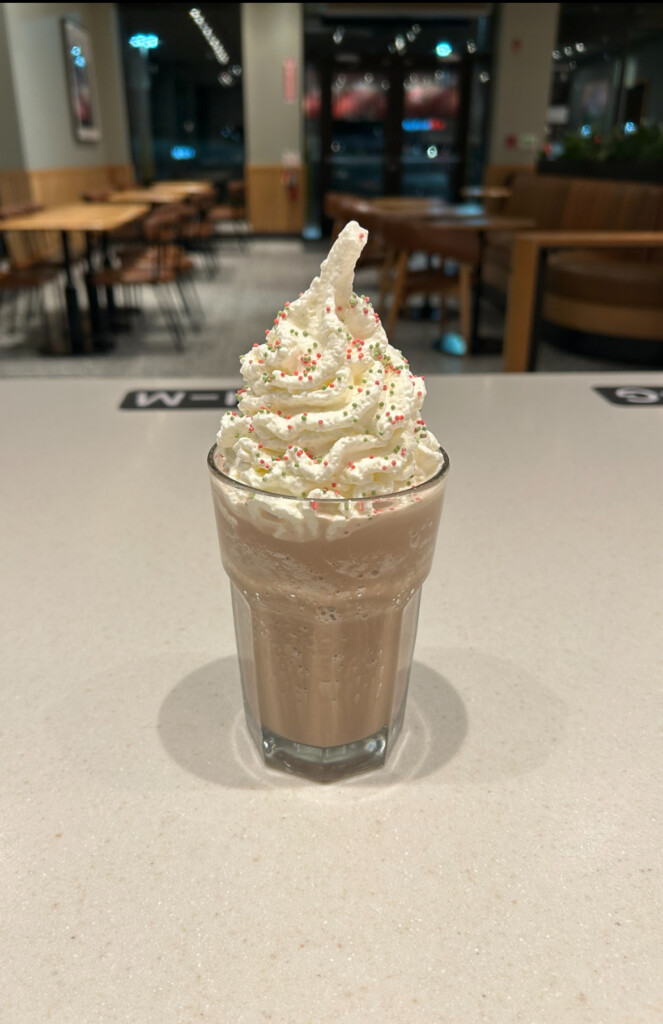The UR Debate Team, currently ranked among the top ten teams in the nation and expecting to move into the top five, has fared well this academic year, defeating tough delegations from schools like Harvard and Boston College. This is not unusual for the team, which has done quite well in recent memory – two years ago, in fact, the team ranked first in the nation. The team’s president and junior Karim Oussayef believes that the team can continue their success. “Although we face good competition,” Oussayef said, “the team has a pretty good chance of repeating this top rank.” According to Oussayef, the team’s biggest competition comes from the Harvard, Berkeley and Northwestern teams. “Those teams have large squads and a bigger budget,” he said. “With those teams, only the top debaters travel while the other members do research.” To compete with such teams, the UR team must make sure that they maintain an edge. One of the secrets to the team’s success, Oussayef said, is that the team pays equal attention to creating teams that can win on the Novice, Jr. Varsity, and Varsity levels. This helps ensure the points they need to be among the top ranking teams. Oussayef also credited a great coaching staff, including Sam Nelson as the Director of Forensics, Christy Webster, and Adam Lee. The team itself has also steadily “much larger, expecially over the last few years..”Oussayef also observes that there is a dynamic new group of people this year. “Molly William and Anne O’Brian have done especially well.”The team must put a lot of energy into preparation. “A lot goes into it,” Oussayef said. “The most important thing is finding evidence.” “Also, there is a constant progression of trying to decide what the other team will say… and how to argue back,” Oussayef stated. The team combs the Internet, books, and databases to make sure that they have a wide knowledge base before a tournament. Each year, debate teams around the county have a common topic, or “resolution,” that they all research. This year the resolution is that the U.S. “can cooperate more with Europe. The topic is very big this year,” Oussayef notes. Issues range from the war with Iraq to “farm subsidies.” “You have to be prepared for all subsections,” he says. The downside of such a broad topic is that “it is hard to explain and get people interested,” but once a new member commits to participating in the Debate Team, the variety of possible subsections make it “easy to find something that you’re interested in,” says Oussayef.The team is “looking for new members” and meets on Mondays and Thursdays at 7:00 in Morey 100. With the high level of attention that the team pays to members with all levels of ability, Oussayef urges that beginners should not be hesitant about stopping by.Oussayef himself takes great satisfaction in “passing on my enthusiasm for debate to younger members,” in putting that “fire in your belly” that is characteristic of a passion for informed argument.The team eagerly anticipates the upcoming Novice and Jr. Varsity Nationals and the Cross-Examination Debate Tournament. McVay can be reached at jmcvay@campustimes.org.
Campus Times
Debate team ranked in top ten nationally
In my final weeks as the Publisher of the Campus Times, I am writing “The State of the Campus Times” — a report on the progress and challenges of our student-run newspaper — for the final time before handing the baton to the next Publisher. Read More
Cafe
Debate team ranked in top ten nationally
Tired of the same old drink? Try some barista approved new recipes that are unofficially on the menu. Read More
acting
Debate team ranked in top ten nationally
I had hoped that Lanthimos would make more substantial changes than swapping the gender of the central character and adding a dramatic musical score to make this story his own. Over its two-hour runtime, this thrilling comedy dabbles in the world of conspiracy theories, aliens, and human existence, but fails to leave a lasting impact. Read More

